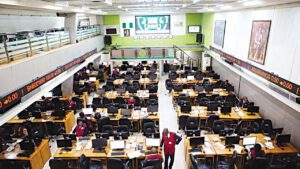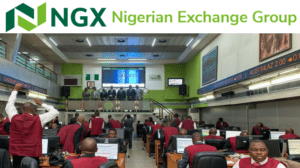Credit to Government increases by 55.07% YoY, as private sector up by 42.68%
Data from the Central Bank of Nigeria (CBN) Money and Credit Statistics has revealed that credit to government has appreciated by 55.07 per cent YoY from N20.97 trillion reported in August 2022, while credit to private increased by 36.21 per cent YoY from N54.76 trillion reported by apex bank in August 2022.
The apex bank revealed that banks’ credit to the economy rose by 42.68 per cent Year-on-Year (YoY) to N87.27 trillion in August 2023 from N61.17 trillion reported in the corresponding period of 2022.
The total credit of government borrowing is N32.5 trillion while private sector borrowing is N54.76 trillion as at August 2023.
The reported N54.76trillion credit to private sector is all-time high and the figure is expected to increase further this year.
The rising credit to government and private sector is coming on the backdrop of hike in inflation rate and depreciation of Naira.
Inflation rate in Nigeria stood at 25.80 per cent in August 2023 from 20.52 per cent in August 2022, while naira against the dollar depreciated to N741.768/ Dollar at Investors & Exporters Foreign Exchange Window (9I & E FX) from N422.38 / Dollar in August 2022.
Nigeria’s economy in the first quarter of 2023 recorded political tensions, scarcity of naira and fuel shortages that slowdown business activities.
As a result of slow economic activities in Q1 2023, business conditions in the country deteriorated at the sharpest paces, while price pressures climbed further in March 2023 and at the same time, borrowing costs were increased to a new record high.
Credit growth slowed slightly in January and February 2023, from the fourth quarter of 2022 and foreign direct investment plunged in 2022, hampered by the US dollar shortage, leading some companies to cancel their expansion plans.
There was economic rebound in second quarter, following the 2023 presidential elections.




